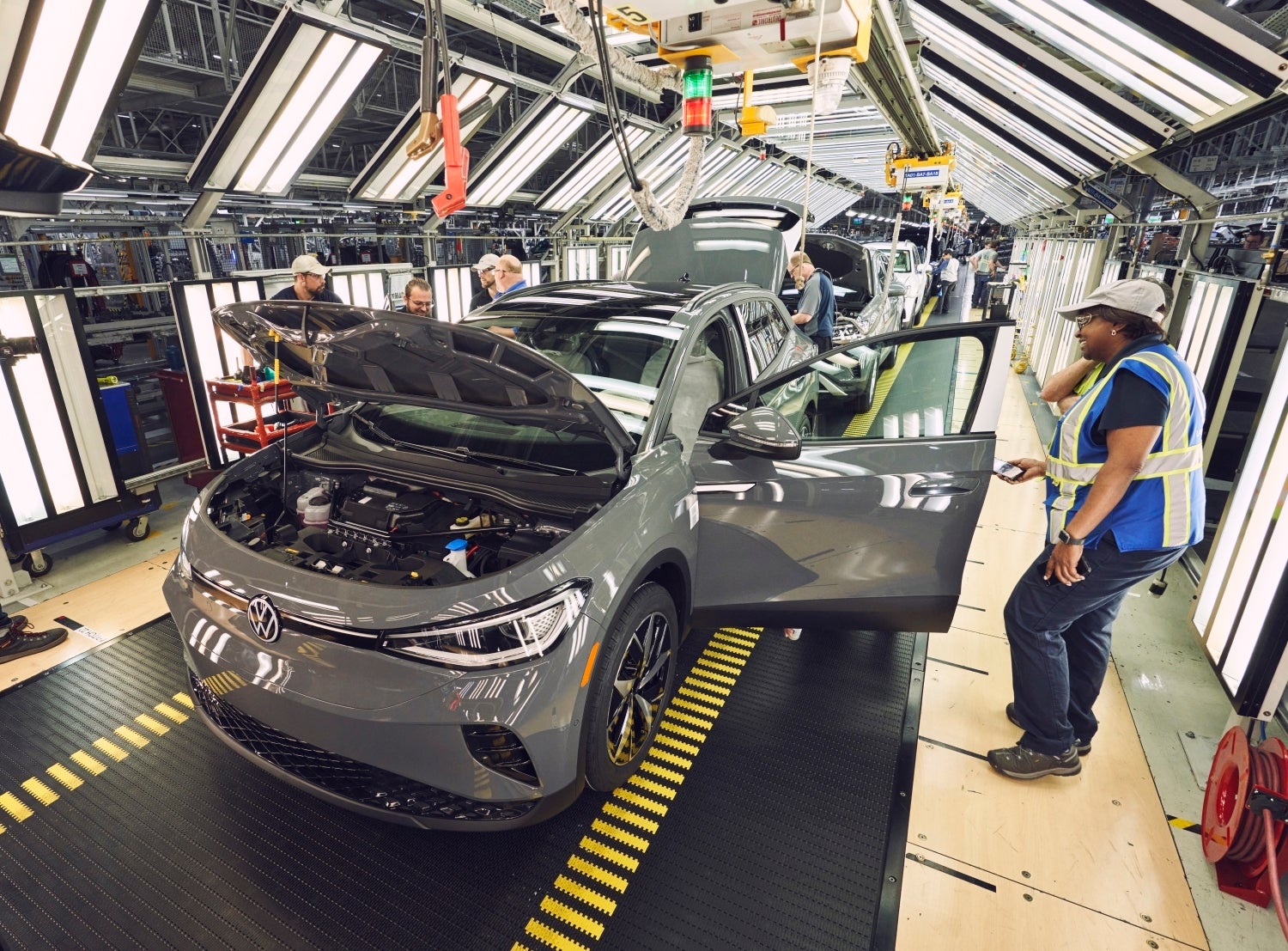
Volkswagen’s battery needs were covered until 2028 by its three confirmed factories in Europe – Salzgitter in Germany, the Northvolt plant in Sweden and a planned facility in Valencia, board member Thomas Schmall told Reuters on Monday.
The carmaker was still targeting 240 gigawatt hours of battery cell production capacity in Europe but could do this with fewer than the originally planned six plants, Schmall reportedly said.

Discover B2B Marketing That Performs
Combine business intelligence and editorial excellence to reach engaged professionals across 36 leading media platforms.
“We stick to the 240 gigawatt hours. Whether we need five or six plants depends on the incentive strategy of the countries… this is not decided yet,” he told the news agency.
The executive said he expected demand for between 60 and 100 gigawatt hours of capacity in North America but did not give details on how much of this capacity would be provided by VW-owned plants.
It was a misunderstanding announcements of new plants in North America meant that the carmaker would do less in Europe, Schmall said, adding it was simply waiting to see what Europe had to offer as a response to the US Inflation Reduction Act (IRA).
The Valencia plant, confirmed last year, was due to begin production in 2026.
Volkswagen did not need to start construction of a new plant in Europe until 2025, Schmall told Reuters, adding a decision on the next location could be made sooner if something similar to the US IRA materialised in Europe.
The carmaker was standardising the structure of its factories and batteries but the battery chemistry would differ for different models, Schmall told the news agency -batteries for entry level models would use iron phosphate while medium level models would have high manganese content and top models increased silicon content.






